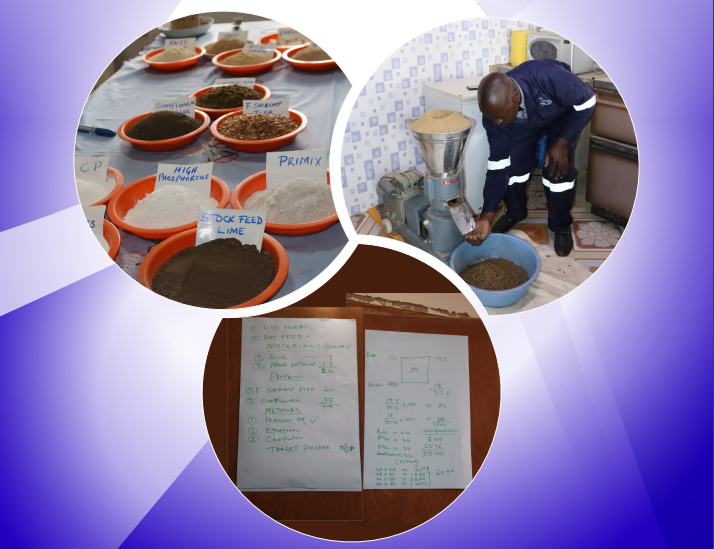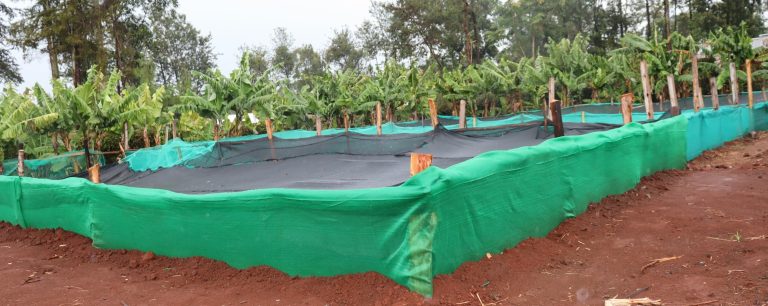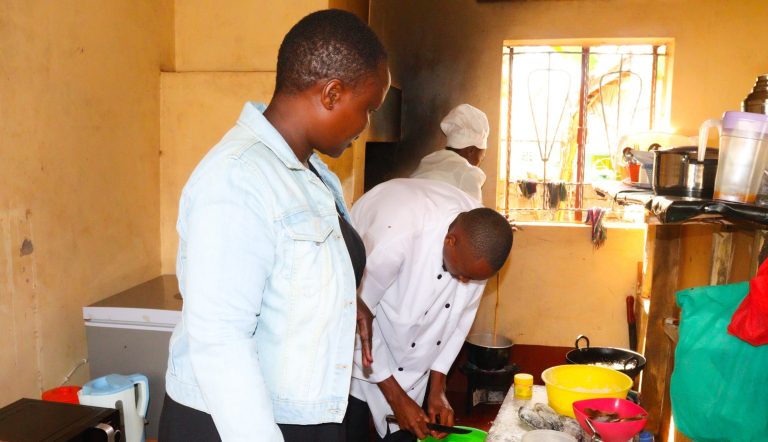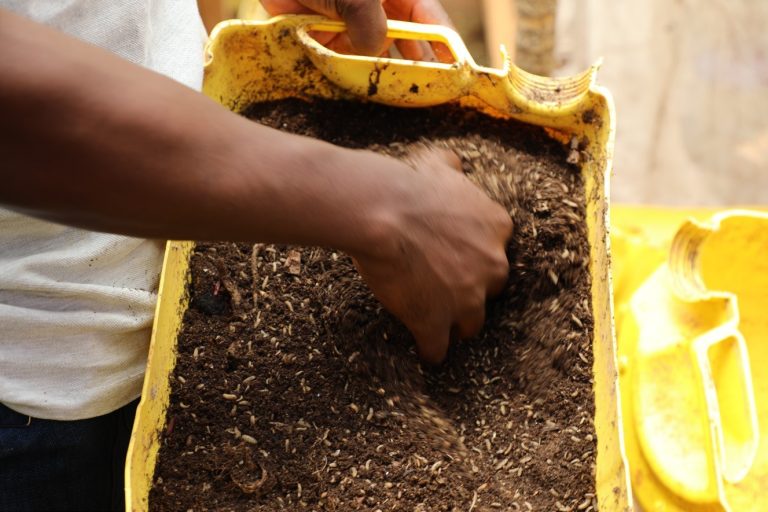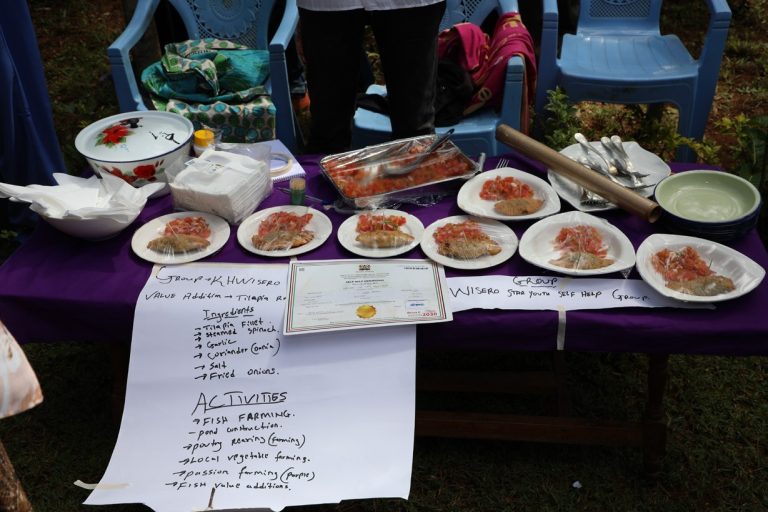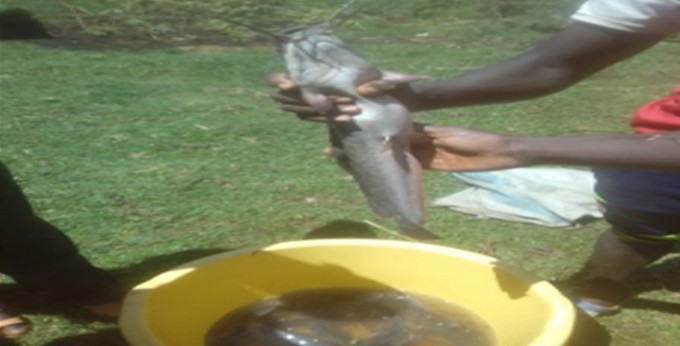The Power of Workshops and Training for Small Holder Aqua-Farmers
Give a man a fish, and you feed him for a day. Teach a man to fish, and you feed him for a lifetime
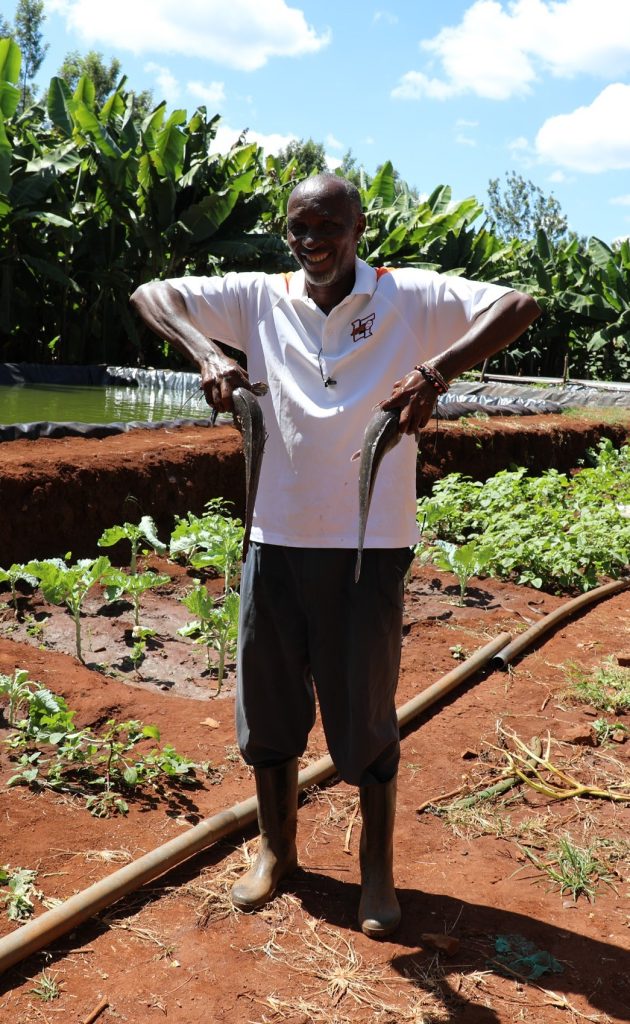
The success story of Nicholas Njuguna is one of the books. He is a Kirinyaga County resident practicing aquaculture in the rural environs of Karikuine Village. His begins before the inception of the Aquaculture Business Development Programme (ABDP). Nicholas recalls that prior to getting enrolled in ABDP, he had a modest aquacultural experience. These preceding experiences span as far as his boyhood when he would trap fish at the local stream as a hobby, all the way to 2010 when he joined the Economic Stimulus Programme (ESP) launched by The Government of the Republic of Kenya (GoK). ESP ran during the period 2009 – 2013, and much like ABDP, its essence was geared towards promoting smallholder aquaculture fish production through targeted support for input supply, fish production, post-harvest management, and related activities.
Nicholas’s involvement in fish farming started when his friend, James Ntemwa, ushered him into aquaculture. At the time, James was an ESP recipient and had already constructed one fish pond. Nicholas joined the programme and built his first pond. This pond, however, lacked a pond liner. He narrates the difficulties he faced as a result of this spirited initial attempt. These include excessive water loss as it would seep into the soil and a high evaporation rate. Additionally, the fingerlings he stocked his pond with were of low quality. He even admits to stocking his pond with fish from the nearby local river. Safe to say that the aquaculture venture he was running was anything but lucrative.
Nicholas’s saving grace was just around the corner. The ABDP programme became operational before he had given up all hope. Nicholas is keen to state a comparison that above all else, he thinks makes ABDP stand out. He explains that in contrast to his prior encounters, ABDP via their extension officers equipped the smallholder farmers with adequate training on aquaculture first, then offered them with material support after. This, he reasons, contributes to the program’s effectiveness. Nicholas acquired a wealth of information during this time. From farm visits, individual mentoring, and free consultation services from fisheries officers– Nicholas felt adequately prepared for the task ahead. Together with some of his cohort members, they were advised to form groups and dig ponds in order to be supported by ABDP. They formed a group called the 3K Fish Farmers Group. They were then issued with pond liners, with a promise from the programme that the fish feeds and fingerlings would be availed to them at a later date.
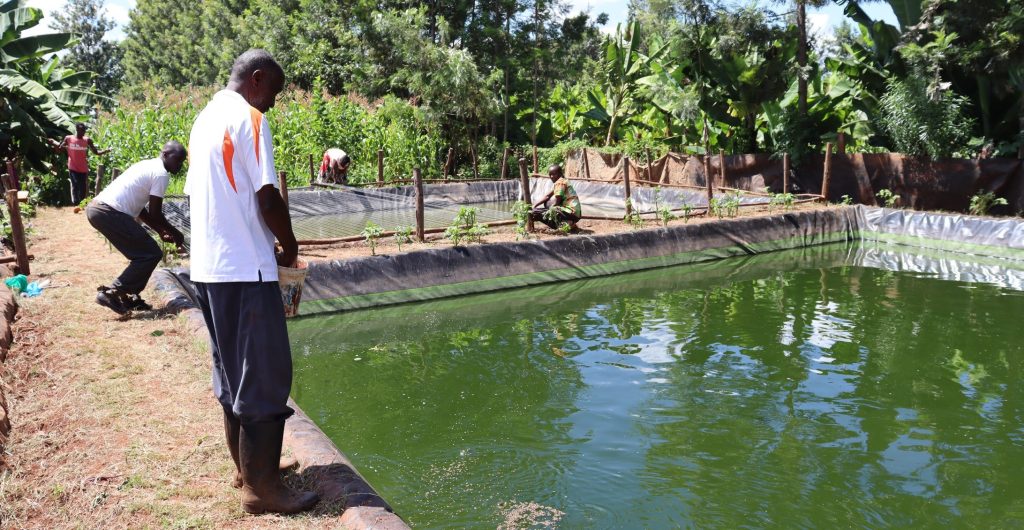
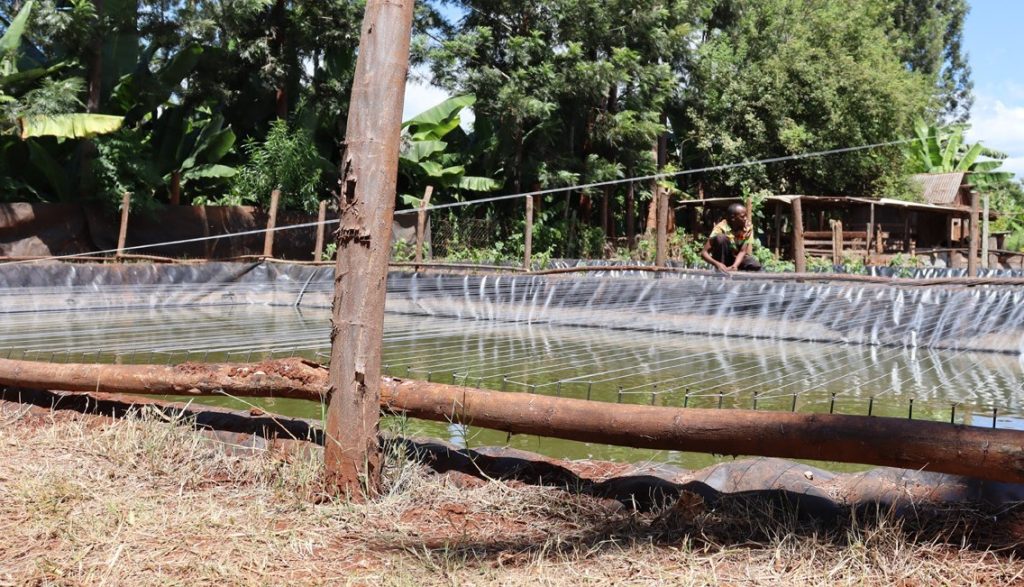
To Nicholas, all this sounded too good to be true. He had reservations about ABDP’s material aid on whether it truly would come to fruition. Additionally, he was eager to put into practice the fish farming education he had acquired through the programme’s curriculum. Instead of waiting on the programme to supply him with fish fingerlings and fish feeds, he sourced them for himself. This time, high-quality ones. Much to his delight, this followed with a bumper harvest that gave him a Ksh.60,000 return. This development encouraged him to dig more ponds and populate them with more fish fingerlings, and stock up on fish feeds.
True to their word, ABDP issued Nicholas with both feeds and fingerlings. He continues to reap the benefits of the programme stating that above all else, the instruction provided by ABDP was an invaluable contributor towards his success. He monitors his fish using the record books given during the course. He is happy that his fish are right on track as the average weight per fish presently reads 170 grams.
Pond liners posed a major challenge to Nicholas’s venture. He explains that before being trained, he would use subpar pond liners or paper material not meant for the task of lining ponds including silage tubes and greenhouse material. Additionally, his unacquaintance with fish feeding and nutrition left him at a loss. In what he now sees to be a serial mistake, he describes how he fed his breeding fish with nothing more than kitchen leftovers. This improper nutrition led to the delayed growth of his fish.
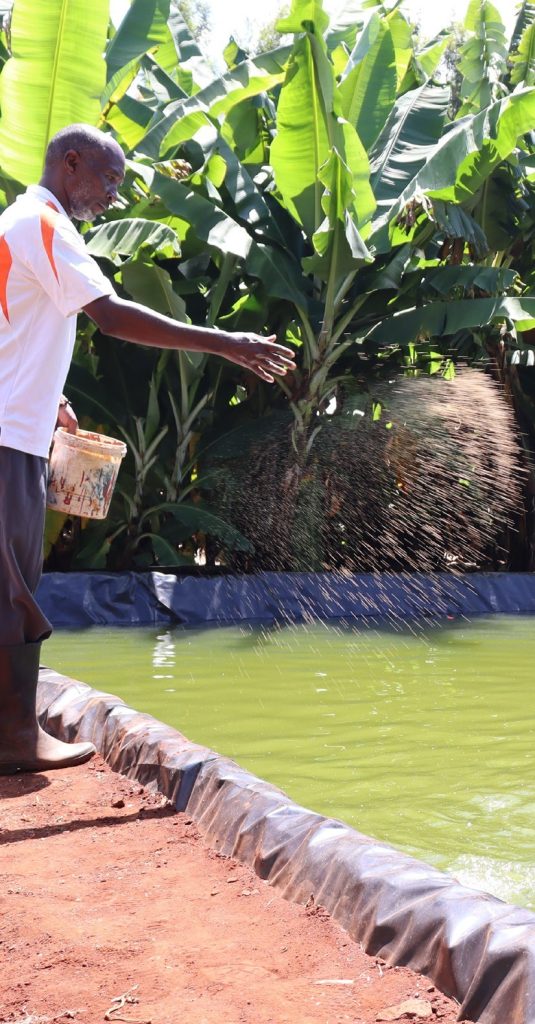
Nicholas has reported benefits that cut across the board. Thanks to his aquacultural pursuit, he has been able to establish a system of circular agriculture in his small farm that replicates natural systems of regeneration so that waste does not exist but is instead feedstock for another cycle. The excess water from the fish ponds is what he uses to water his kitchen garden, banana plantation, and general farm. Since the water has nutrients of its own, he ends up using less synthetic fertilizers- hence cheaper. Likewise, he spends less on meat meals in his household. All things considered; his cost of living has reduced as a result of pursuing aquaculture.
Now that he is learned about fish farming, he views aquaculture as a relatively easier undertaking than conventional agriculture. The yardstick of measurement he uses includes the amount of labor invested, the production cost, the overall use of land, and the level of returns per square meter. Notably, through the ABDP-facilitated training that he received at Kenya Marine Fisheries Research Institute (KMFRI), Sagana, he is able to supplement his fish feeds with locally available products hence cutting down on fish production costs. He continues to spread the knowledge of sustainable aquaculture business and speak of its goodness to fellow fish farmers and other interested parties, more so the youth. Nicholas Njuguna is living proof that gives a man a fish, and you feed him for a day. Teach a man to fish, and you feed him for a lifetime.

